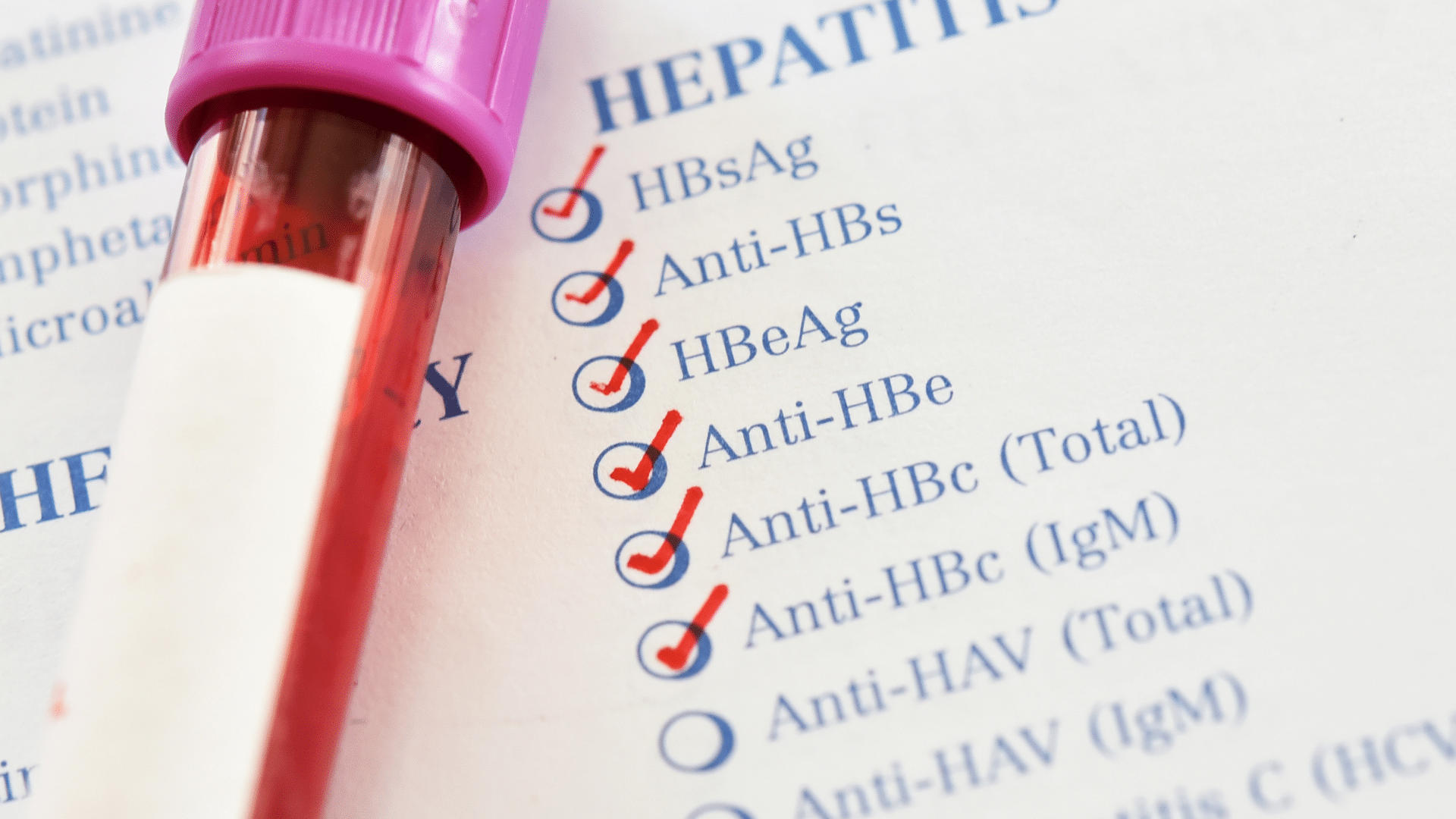Hepatitis Services
Are you seeking comprehensive hepatitis care in John’s Creek, GA? Look no further than our gastroenterology clinic. We specialize in providing expert diagnosis, treatment, and management of hepatitis to help you achieve optimal liver health.


Understanding Hepatitis
Hepatitis refers to inflammation of the liver, which can be caused by viruses, alcohol consumption, medications, toxins, or autoimmune diseases. The most common types of viral hepatitis are hepatitis A, hepatitis B, and hepatitis C. Hepatitis can range from mild to severe and may lead to liver damage, cirrhosis, or liver cancer if left untreated.
Our Services
At our clinic, we offer a comprehensive range of hepatitis services, including:
- Diagnostic Testing: We utilize advanced diagnostic tests, including blood tests, imaging studies, and liver biopsies, to accurately diagnose hepatitis and assess liver function.
- Treatment Options: We provide personalized treatment plans tailored to each patient’s specific type and severity of hepatitis. Treatment options may include antiviral medications, immunomodulatory therapies, lifestyle modifications, and supportive care.
- Liver Monitoring: We offer regular monitoring and follow-up appointments to track liver function, evaluate treatment response, and adjust treatment plans as needed to optimize outcomes.
- Preventive Care: We emphasize the importance of preventive measures, such as vaccination against hepatitis A and hepatitis B, practicing safe sex, avoiding sharing needles, and limiting alcohol consumption, to reduce the risk of hepatitis transmission and progression.







